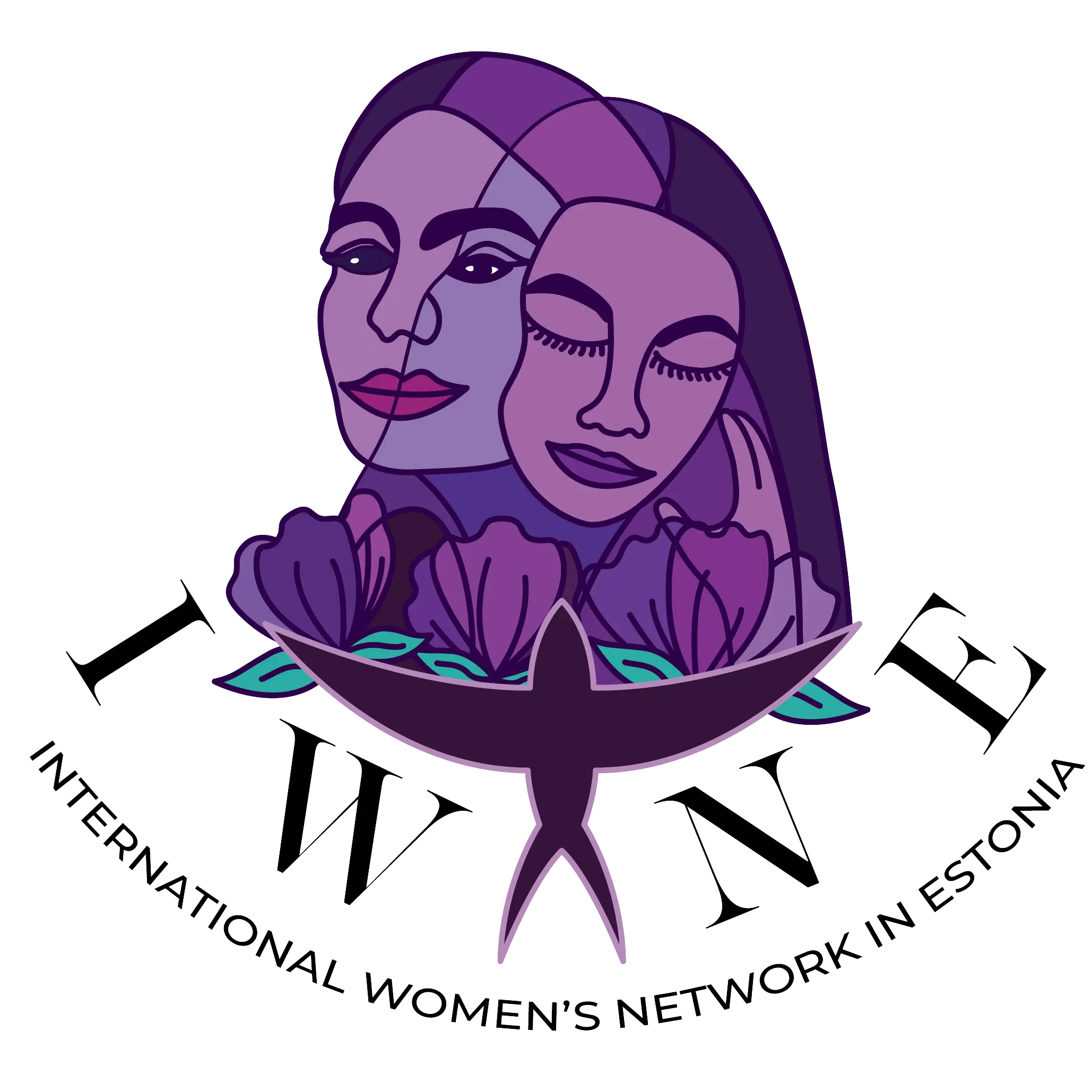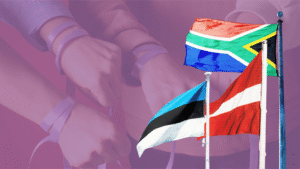In November 2025, my home country, South Africa, is turning purple. From landmark buildings lit in violet to social media feeds filled with the same colour, a nationwide protest movement is gaining momentum. Led by the organisation Women For Change, the campaign calls for gender-based violence and femicide to be declared a national disaster.
The movement’s symbolism is deliberate. Purple represents both grief and defiance. Organisers have called for a national shutdown on 21 November, urging women and allies to stop both paid and unpaid work for a day, wear black, and mark a 15-minute silence at noon. The campaign’s message is clear: gender-based violence is not only a social issue, but a national emergency.
“We bury a woman every 2.5 hours,” reads a statement from Women For Change. This is a reminder of the scale of the crisis and the exhaustion of waiting for institutional reform. South Africa’s GBV statistics have long been among the highest in the world. Despite national strategies and presidential summits, implementation has lagged. For those of us now based elsewhere, the movement also resonates more broadly. It raises questions about how societies understand and respond to violence – and what silence or complacency can cost.
A Regional Echo: Latvia’s Protests and the Baltic Context
Only a few days before the purple campaign reached its peak in South Africa, a different kind of protest filled the streets of Riga, Latvia. On 6 November 2025, over 10000 people gathered in the city centre to oppose the Latvian parliament’s decision to withdraw from the Istanbul Convention, Europe’s key treaty against violence toward women. The protest, one of Latvia’s largest in years, was driven by citizens who felt the withdrawal represented not only a legal step backward, but a symbolic one. For many, leaving the Convention sends a message that women’s rights and protection from violence are negotiable.
One protestor told the outlet Meduza, “If the state abandons international protection, it weakens every survivor’s sense of safety.” The events in Latvia are a reminder that rights and protections can regress even within democracies. They also expose how easily debates about gender, tradition, and sovereignty can overshadow the practical reality of violence in homes, workplaces, and communities.
Estonia: Awareness Without Urgency
In Estonia, the conversation around gender-based violence is quieter, but the problem is significant. According to Statistics Estonia and the European Institute for Gender Equality, around two in five Estonian women have experienced intimate partner violence at some point in their lives. Roughly 15% have experienced physical abuse by a domestic partner. While legal frameworks and services have improved in recent years, underreporting remains high. Social stigma, limited access to shelters in rural areas, and slow legal proceedings all contribute to low reporting values. In a society that often defines itself by stability and digital advancement, the issue of gender-based violence can remain invisible; an uncomfortable contradiction between the country’s progressive image and the private realities of many women.
The comparison with South Africa is not about scale but about visibility. South Africa’s purple protests make violence impossible to ignore. In Estonia, as in many parts of Europe, violence is often unseen, existing behind closed doors or confined to short news cycles. The lesson from both contexts is that awareness alone is not enough. Visibility must translate into sustained, coordinated action – across government, education, health, and justice systems.
WeLens: From Awareness to Action – Gender and Education
📅 Final Event
🗓 29 November 2025
🕓 10:00 – 14:00 (lunch and coffee break included)
📍 Venue: Tallinn city centre — location details will be shared with confirmed participants.
🗣️ Language: English
💡 Organised by femLENS in collaboration with IWNE











